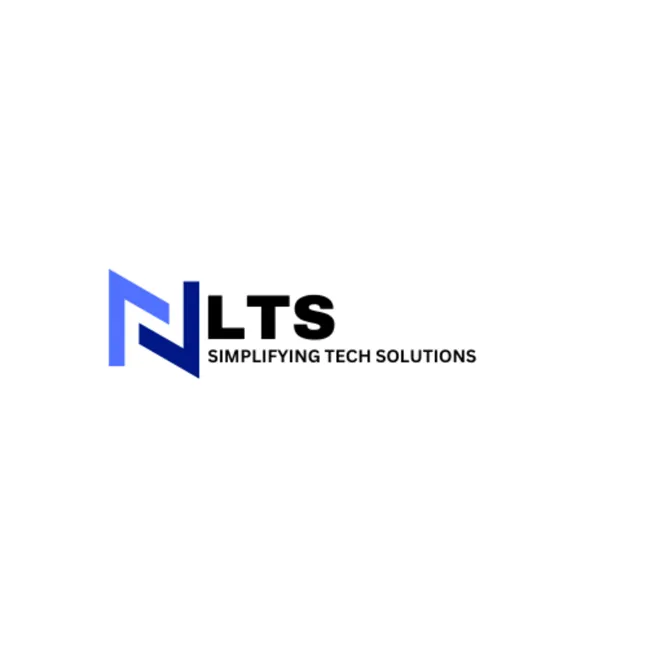High Quality Tested Apple Products For Sale
Shop By Categories
Discover the perfect promotional items to elevate your brand and leave a lasting impression with our Shop by Category section. Whether you're looking for branded apparel, tech gadgets, office essentials, or eco-friendly products, we have everything you need to make a statement in your marketing campaigns.

Apple MacBook Pro A1989

Apple MacBook Pro A1708 (FAULTY)

Apple MacBook Pro A1706 (FAULTY)

Apple MacBook Pro A2251 (2020) 13" - i5 2.0GHz, 16GB RAM, 512GB SSD
£399.99
£450.0011% off£399.99

Apple MacBook Pro A1502 2015 13" Laptop Intel i5-5257U - Silver
£150.00
£150.00

Apple MacBook Pro A1425 (FAULTY)
£145.00
£145.00
Sell Your Old Apple Equipment Here
NLTS offer Assets recovery across all Apple products, offering the best prices on the market due to our global trading team with over 20 years experience
See Our Latest Blogs
Stay up-to-date with our latest insights, tips, and trends by diving into our newest blogs. Whether you're seeking industry expertise, marketing strategies, or product inspiration, our blog section is your go-to resource for valuable content.

Potential Challenges of Nuclear-Powered Data Centres

As the tech industry’s demand for energy increases, in the tech industry nuclear power has emerged as a potential solution for powering data centres due to its high energy and low greenhouse gas emissions to sustain future needs. However, while the idea of nuclear-powered data centres may sound futuristic and efficient, it also brings complex challenges and considerations that must be considered before pursuing this concept on a large scale. From safety and regulatory compliance to waste management and public perception, there are significant issues to address before nuclear energy can be deemed a practical and sustainable power source for data centres.
In this article, we’ll explore the key issues associated with nuclear-powered data centres and look at whether this innovative concept is truly viable in the high-stakes, ever-evolving world of data management.
Safety Concerns and Public Perception
One of the most common challenges with nuclear-powered data centres is the public perception of nuclear energy. Although there are advances in nuclear technology and significant safety improvements, public apprehension remains. Any facility, especially one housing sensitive data, would face heightened scrutiny due to concerns over radiation exposure and waste management. This could make securing community and stakeholder support difficult.
High Costs and Long Lead Times
Nuclear facilities are expensive to build and maintain. Unlike traditional data centres, nuclear-powered data centres would require substantial initial investment in nuclear reactors and safety systems. Additionally, the time for building a nuclear facility can be ten years or more, as extensive approvals and safety checks are necessary. These delays could make the adoption of nuclear-powered data centres less feasible in a rapidly evolving industry.
Complex Regulatory and Compliance Requirements
The nuclear industry is one of the most heavily regulated sectors in the world. Building a nuclear-powered data centre would require navigating complex regulatory frameworks at local, national, and even international levels. Data centres typically fall under digital infrastructure regulations, but adding a nuclear element would bring new and stringent requirements, making it challenging to maintain compliance. This complexity could deter potential adopters who seek simpler, faster-to-implement solutions.
Nuclear Waste Management
One of the challenges with nuclear energy is waste management. Although nuclear waste can be reduced through certain technologies, it still requires safe handling, secure storage, and long-term disposal solutions. Data centres, which are typically located near urban areas, would need to invest in secure waste management practices, raising both logistical and ethical questions about the possibility of nuclear-powered facilities in densely populated locations.
Potential Cybersecurity and Physical Security Risks
Data centres already face significant cybersecurity threats, and adding nuclear energy introduces a new layer of physical security concerns. Nuclear-powered data centres would become high-priority targets for potential attacks, which would require stringent protective measures. Balancing data security with nuclear safety would be an ongoing challenge, adding complexity and cost.
Reliance on Highly Specialized Personnel
Operating a nuclear-powered data centre would require a specialized workforce with expertise in nuclear engineering, safety protocols, and radiation management. This demand for highly trained professionals would increase operational costs and complicate staffing for such facilities. Additionally, these skills are in high demand, and finding personnel willing to work in a hybrid environment of nuclear technology and IT infrastructure could be challenging.
Limited Flexibility and Scalability
Data centres need flexibility to expand capacity and adapt to changes in demand quickly. Nuclear facilities, however, are not easily scalable and are designed for long-term, stable operations. The infrastructure required to support a nuclear reactor is fixed and not easily adjusted, which could limit the ability of nuclear-powered data centres to implement rapid technological changes that the industry often demands.
While nuclear energy presents an intriguing possibility for powering data centres, the challenges are complex and significant. Safety, cost, regulatory compliance, waste management, and security issues must all be thoroughly addressed before the tech industry can confidently consider nuclear power as a viable option. Although the promise of carbon-free, uninterrupted power is appealing, current issues make nuclear-powered data centres more of a distant possibility than an immediate solution.
As technology evolves, it will be interesting to see if and how the industry overcomes these obstacles. For now, alternative renewable energy sources, like solar and wind, combined with efficient energy storage solutions, continue to lead as more viable green options for powering the data centres of tomorrow.
Contact Us
33 Lancaster Avenue,Hadley Wood,Barnet,Hertfordshire,EN4 0EP
Phone: 0203 380 7075
Email: [email protected]
Copyright© 2024 NLTS - All Rights Reserved.








